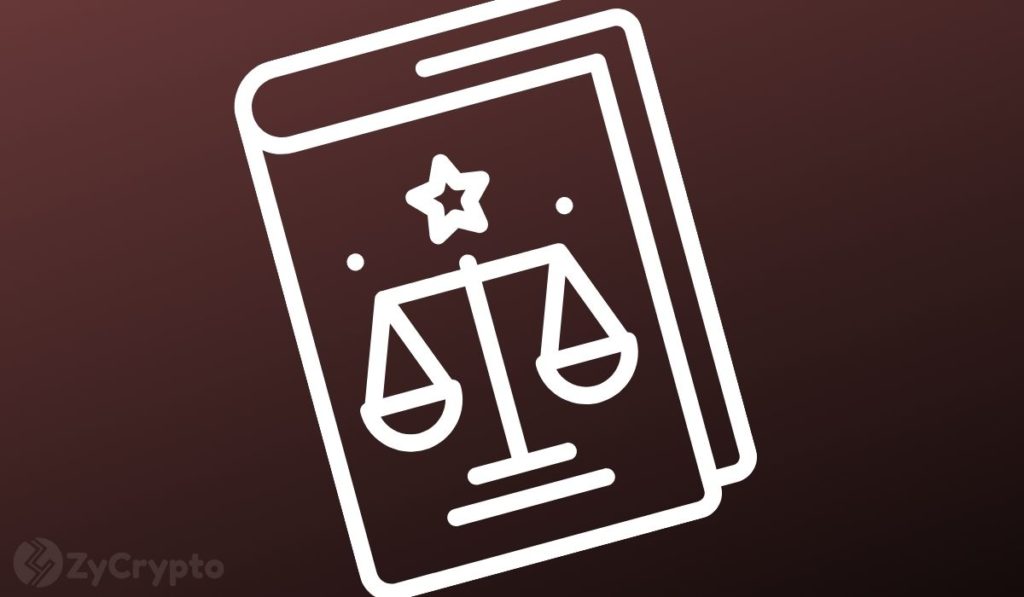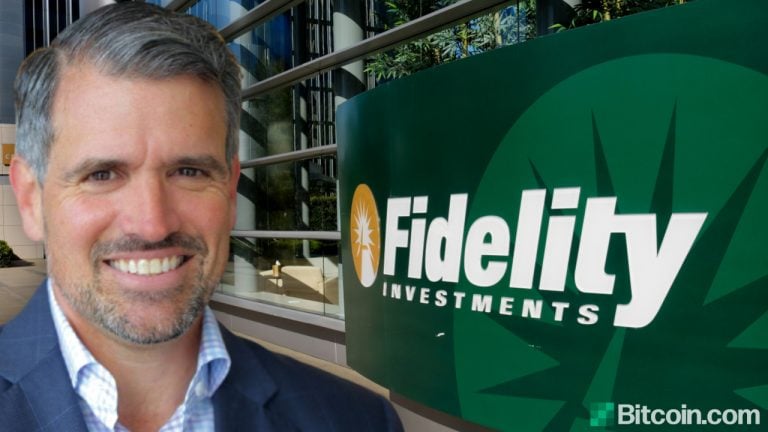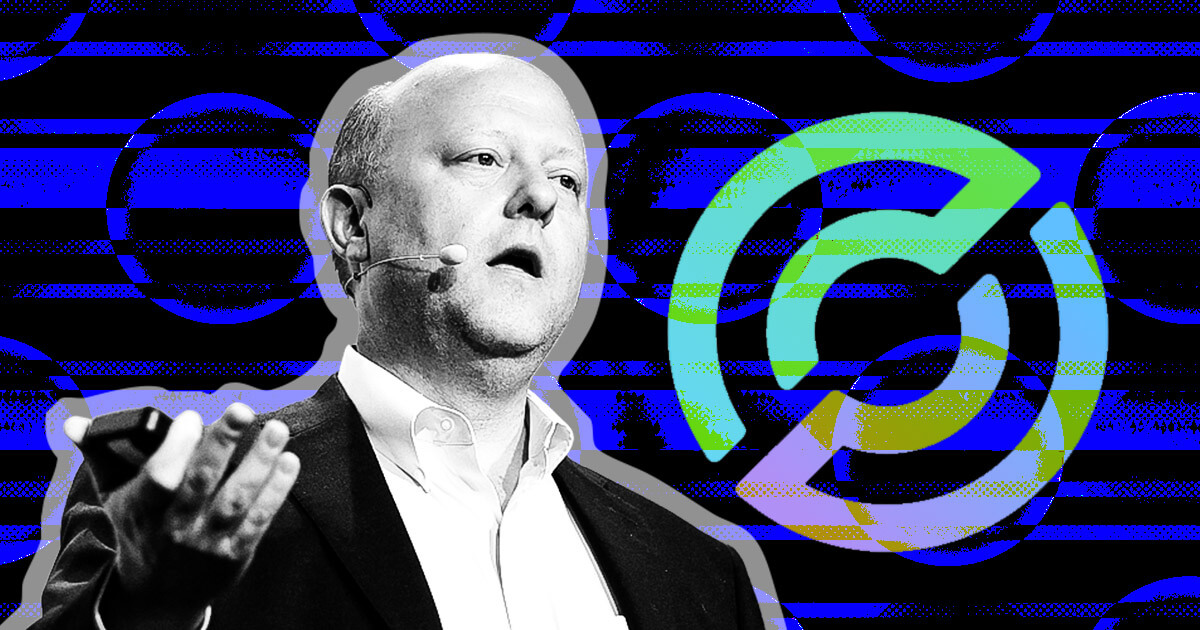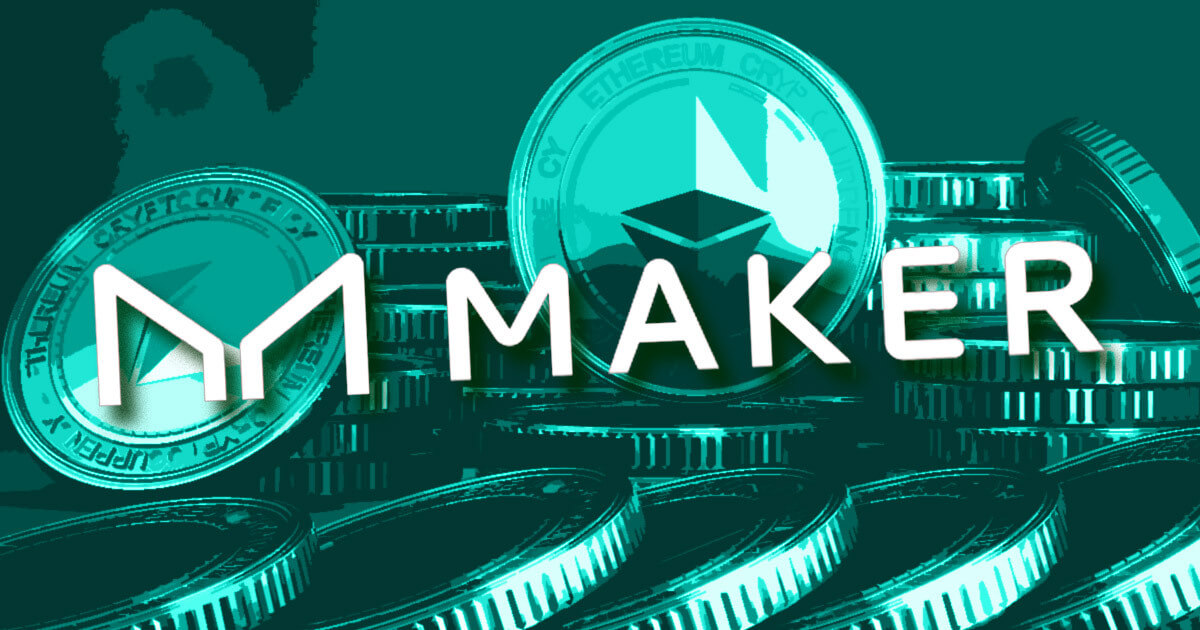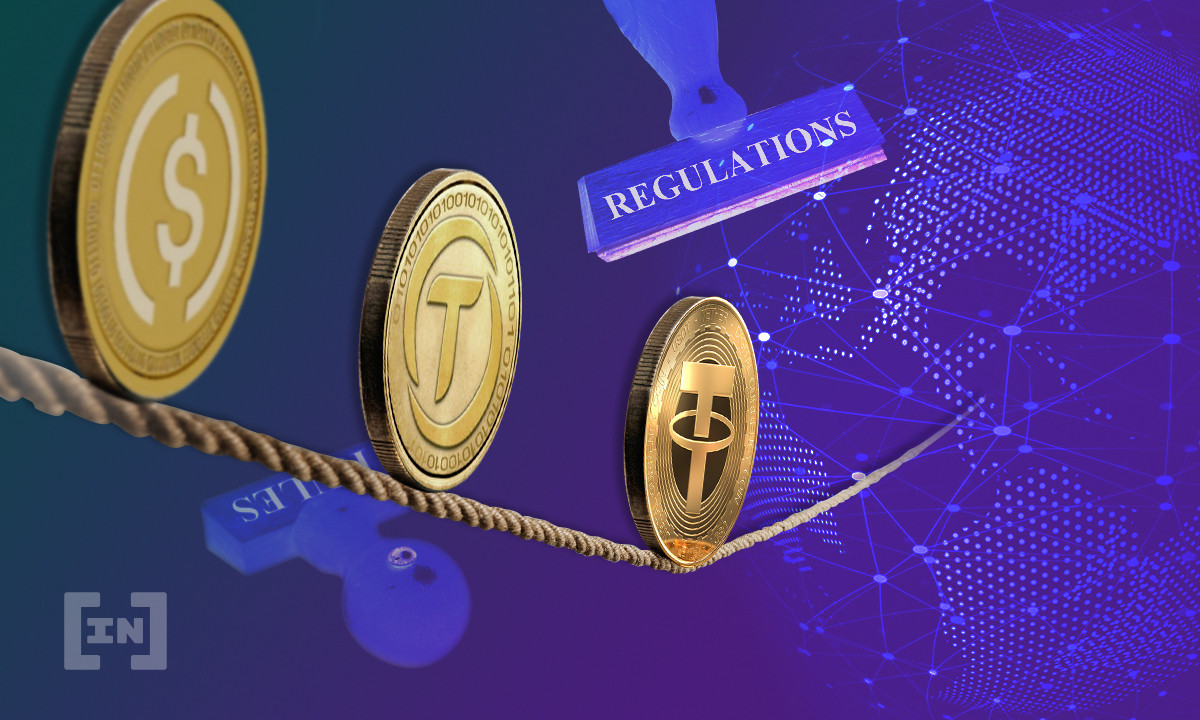
2022-1-3 05:30 |
Regulation of stablecoins is hitting the news. With recent news about an SEC “crack down” and the President’s Working Group’s recommendations about the sector, many are questioning what the future holds. Some industry insiders are predicting that the stablecoin market could hit $1 trillion by 2025. So it’s important to consider what regulation may look like. What are the concerns of regulators? And how will regulation, or lack thereof, affect the industry?
What are the factors behind the category’s impressive growth that have drawn the attention of regulators?
The value proposition of stablecoins todayStablecoins have increasingly grown in popularity and usage. They provide dollar exposure in the crypto space. And they provide a stable medium of exchange for applications. It’s also an easy on-and-off ramp to fiat. And, primarily used in DeFi to earn yield from institutional firms that don’t want as much price exposure to volatile cryptocurrencies. In addition, stablecoins for payments are being taken to market by Circle and others. They are also under consideration for national use.
The models for stablecoin issuanceThere are three primary issuance models for stablecoins, including:
Fiat-backed (i.e. bank stablecoins) – In this model, cash and cash equivalents are held by an institution. The digital stablecoins are theoretically redeemable 1:1 for that underlying value. Examples include USDC and USDT.Derivatives (algorithmic) – This model enables the creation of financial instruments that are dollar-like, or stable in value. They’re based on derivatives or debt positions but are often volatile. DAI is such an example.Branded dollars – These are backed by collateral for specific projects and their treasuries. It’s the on-chain equivalent to fiat-backed cryptos where the digital token can be redeemed for an equivalent value in USD, with ICHI being representative of this approach. Regulation of Stablecoins: The rise of the regulatorsAs noted earlier, there has been considerable conversation at the federal government level regarding regulation of stablecoins. SEC Chairman Gary Gensler recently referred to stablecoins as “poker chips.” He indicated that the government will take an active role in regulation while pushing Congress to act. State-level oversight is emerging as well.
The issue at hand is that regulators are concerned about the threat of replacement for government and financial institutions. They are specifically exploring the deposit and backing mechanisms behind stablecoins. They are also considering issuing tokens themselves via a Central Bank Digital Currency. Traditional financial market operators feel threatened. And it’s no surprise they wield significant influence with regulators in DC.
What’s on the horizon for stablecoinsRegulation of Stablecoins may or may not happen. With or without government oversight, we expect to see the adoption and use of stablecoins increase in the following areas:
Cross-border payments: The crypto economy is by nature global and borderless, and stablecoins easily facilitate international transactions.CBDCs: Some monetary authorities are issuing their own Central Bank Digital Currencies. Others are considering leveraging stablecoins for use as currency.Retail and eCommerce: Numerous brands are exploring the issuance of loyalty points that are integrated with their payment systems. Stablecoins enable them to have an easy medium of exchange tied to these economies.DeFi: This is likely the true killer use case as the default currencies of DeFi economies, signalling considerable and growing usage given the sector’s significant and increasing market cap. Regulation of Stablecoins: What happens nextFirstly, institutions are aggressively experimenting with tokenized assets like stablecoins as a means to improve payment efficiency. Banks like Shinhan Bank are issuing fiat-backed stablecoins to leverage across their services. The number and activity of these uses will accelerate over the course of 2022.
Regulators should look to this innovation as the core motive to provide appropriate guardrails without stifling innovation. This could include guidance on reserve requirements, money transmitter requirements, and token issuance. These guardrails should not prevent the innovation occurring across the globe. Overly aggressive regulation will cause those jurisdictions to fall behind in this new innovation.
Got an opinion on the regulation of stablecoins? Let us know here.
The post Regulation of Stablecoins: What Does The Future Hold? appeared first on BeInCrypto.
Similar to Notcoin - Blum - Airdrops In 2024
Molecular Future (MOF) íà Currencies.ru
|
|


